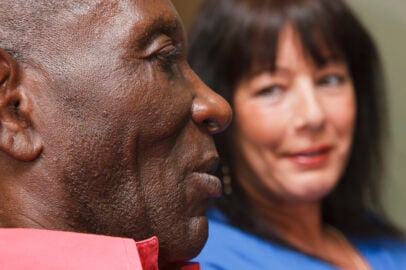The Mental Capacity Act 2005 introduced the role of the independent mental capacity advocate (IMCA).
IMCAs are a legal safeguard for people who lack the capacity to make specific important decisions: including making decisions about where they live and about serious medical treatment options. IMCAs are mainly instructed to represent people where there is no one independent of services, such as a family member or friend, who is able to represent the person.

What do IMCAs do and who should get an IMCA?
Explore the role of IMCAs, and who is entitled to IMCA support.

Information for…
More specific details about what family and friends, doctors, social care staff and others need to know about IMCAs.

Commissioning of IMCA services
This good practice guide contains information on issues to consider when reviewing IMCA contracts, a revised example service specification, suggestions for assessing quality, an example engagement protocol and suggested tender requirements.

IMCA involvement in accommodation decisions and care reviews
This guide aims to support the work of local authority and NHS staff who may need to instruct and work with IMCAs in relation to accommodation decisions and care reviews.

IMCA involvement in safeguarding adults
This good practice guide is primarily aimed at professionals who have responsibilities in relation to safeguarding adults and may be involved in safeguarding adults proceedings. It includes information on who can be represented by IMCA, who and when an IMCA can be instructed, sharing and accessing information and resources.

IMCA and paid relevant person's representative roles
This practice guidance describes the role of Independent Mental Capacity Advocates (IMCAs) and paid representatives in the Mental Capacity Act Deprivation of Liberty Safeguards (MCA DOLS).
